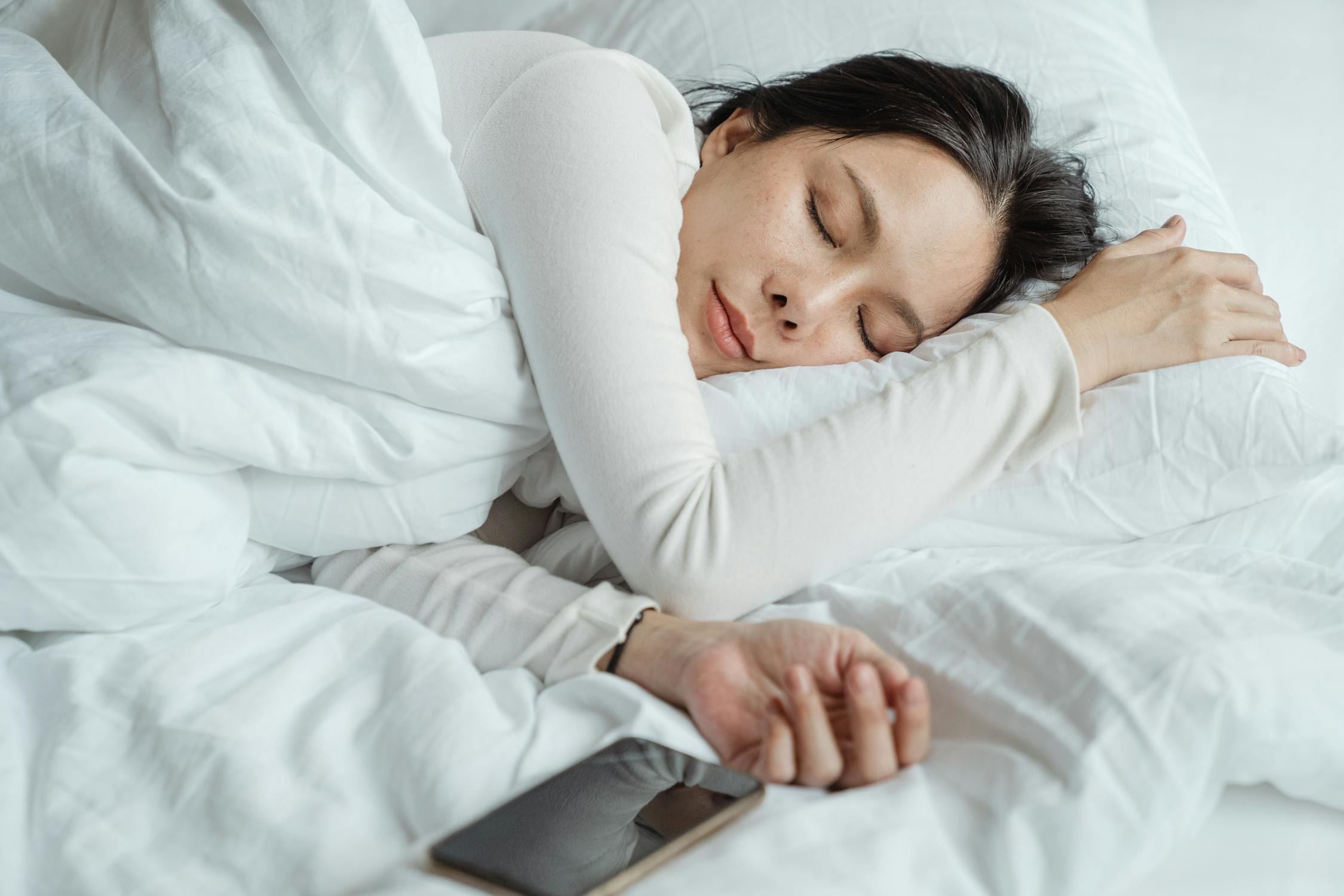Common sleep barriers and how to overcome them

Getting a good night's sleep is important for health and wellbeing. However, a number of people experience common sleep barriers that can disrupt their sleep patterns and lead to sleep deprivation.
Understanding these barriers and finding ways to overcome them can help improve sleep quality. Here are some common sleep barriers and strategies to overcome them.
Stress and anxiety
Stress and anxiety are some of the most common barriers to a good night's sleep. Excessive worry and anxiety can make it challenging to relax and fall asleep each night.
To overcome this, practice relaxation techniques before bedtime, such as deep breathing, meditation, or progressive muscle relaxation. General stress management is also essential to minimize anxiety around bedtime.
Electronic devices
Exposure to electronic devices with blue light-emitting screens, such as smartphones, tablets, and computers, can disrupt sleep. Blue light can interfere with the production of melatonin, a hormone that regulates sleep.
Limiting screen time at least an hour before bedtime and using blue light filters or switching to ‘night mode’ on your devices during the evenings will improve your sleep significantly.
Irregular sleep schedule
Inconsistent sleep patterns can confuse the body's internal clock (known as the circadian rhythm), making it difficult to fall asleep and wake up at your desired times.
Aim for a consistent sleep schedule by going to bed and waking up at the same time each day, even on weekends. This helps regulate your body's natural sleep-wake cycle and improve overall sleep hygiene. Creating a consistent bedtime schedule will also support your body’s circadian rhythm.
Caffeine and stimulants
Consuming caffeine and other stimulants close to bedtime can interfere with falling asleep and disrupt sleep quality.
Limit your intake of caffeinated beverages in the late afternoons and evenings, including caffeinated coffee, tea, and energy drinks. Instead, choose decaffeinated options or herbal teas when you want a warming beverage.